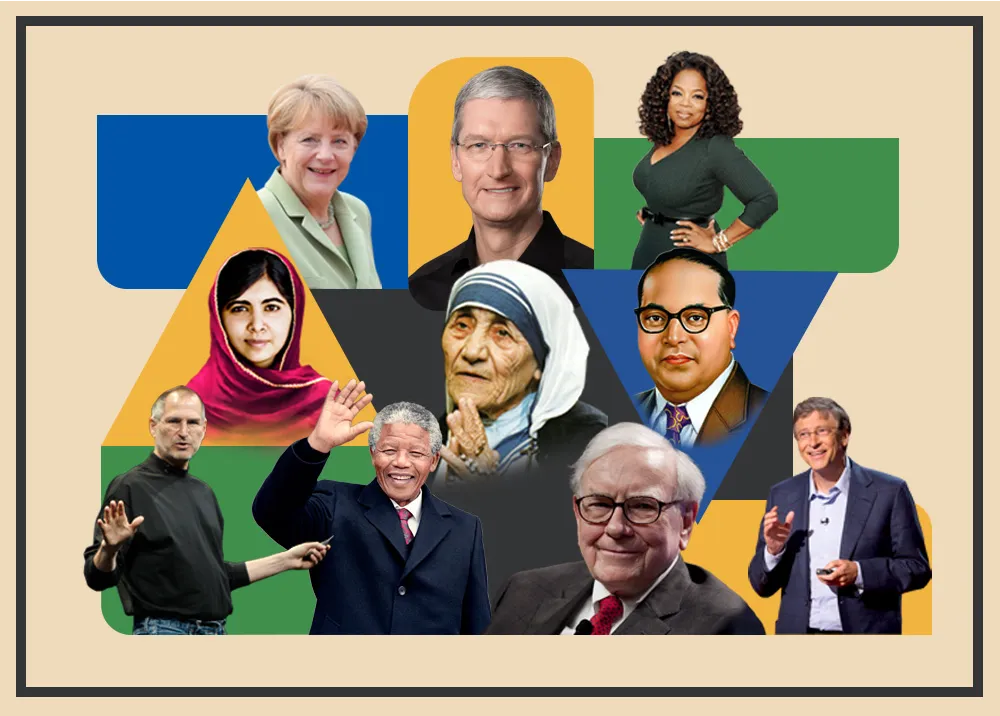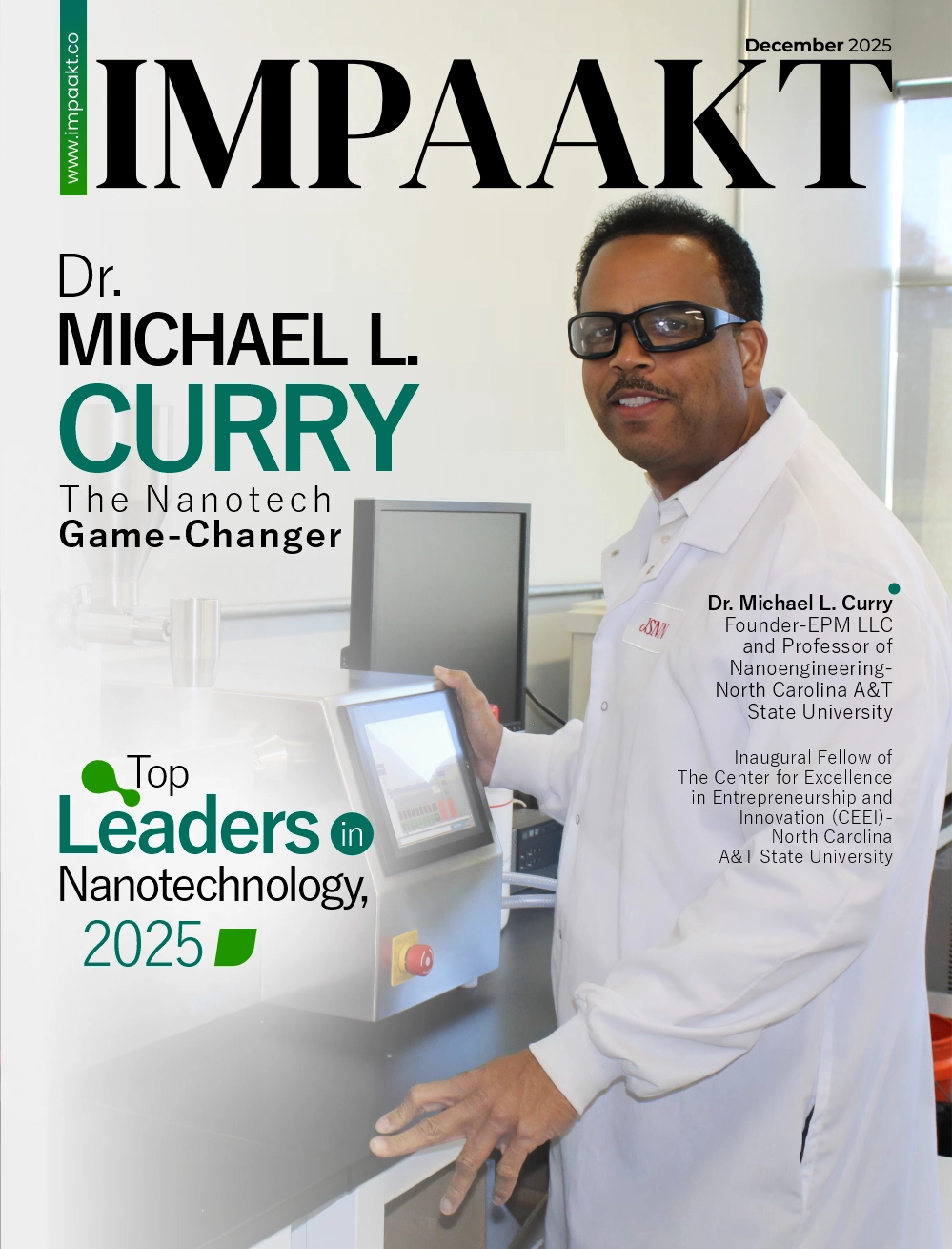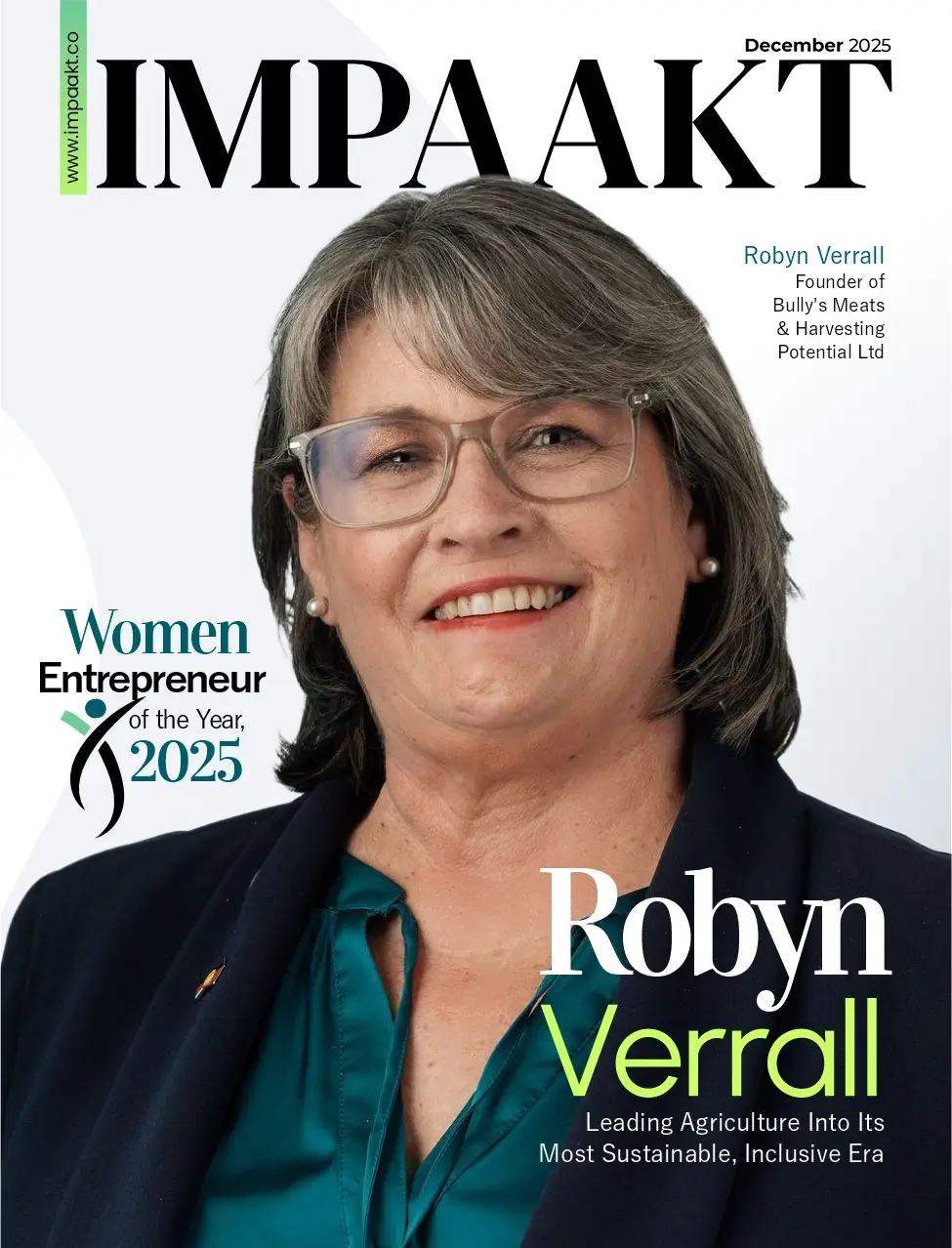As the great American author and lecturer, John C. Maxwell, once said, “A leader is one who knows the way, goes the way, and shows the way.” These words encapsulate the essence of leadership, where the path to success is paved not only with knowledge and vision but also with the unwavering commitment to lead by example.
The idea of leadership is as old as civilization itself, yet it continually evolves with the changing tides of our global landscape. So, what exactly sets apart the remarkable from the merely competent? We try to answer this age-old question in this article by examining the lives of global leaders who’ve left an indelible mark on various sectors. We’ll delve deep into their stories, highlighting the top 10 qualities that have propelled them to greatness.
From business tycoons who’ve steered multinational corporations to unprecedented success, to political figures who’ve navigated tumultuous times with unwavering resolve, and even the unsung heroes whose leadership has transformed communities, we’ve scoured the globe to bring you a comprehensive view of leadership excellence.
Join us on this insightful expedition, and together, let’s discover the blueprint for leadership excellence.
Warren Buffett’s $44 Billion Trust Fall: How DELEGATION Led to BNSF Railway’s Success
Back in 2009, Warren Buffett and his Berkshire Hathaway team were eyeing a massive deal—the purchase of the Burlington Northern Santa Fe (BNSF) Railway. The price tag? A whopping $44 billion. Now, that’s a sum that would make most of us gulp.
But here’s the thing about Buffett: he’s not one to micromanage. He knew the importance of having the right people in place. So, he turned to his trusted team, including his long-time business partner, Charlie Munger, and other key executives within Berkshire Hathaway.
Warren Buffett didn’t try to personally handle every detail of the acquisition. Instead, he handed over significant responsibilities to his team. They took charge of the due diligence, the intricate negotiations, and the complex task of managing the company post-acquisition.
This move was a powerful testament to Buffett’s unwavering trust in his team’s ability to pull off this enormous deal with finesse. He knew that success in such a monumental undertaking required a collective effort, and he had absolute faith in the people he had chosen to help him navigate this significant move in the world of business.
Dr. Ambedkar’s FORESIGHT: Pioneering Change Through Education
Let’s journey back to the early 20th century in India, where a remarkable man named Dr. B.R. Ambedkar, affectionately known as Babasaheb, changed the course of history through his profound foresight.
Born into a marginalized family, Babasaheb faced caste-based discrimination from an early age. But he had a vision – education could change everything. His journey was tough, walking miles to school, enduring ridicule. But he never gave up.
A defining moment came when he won a scholarship to Columbia University in the U.S. There, he delved into subjects like law and economics which would further equip him to make the changes that he wished to see in his country and set an example for the world. His quest for knowledge never ceased and when the opportunity presented itself, he went on to draft one of the world’s lengthiest most comprehensive constitutions.
Babasaheb’s life and foresight reminds us that education is a powerful force. His mantra, “Educate, Agitate, Organize,” still guides millions to envision a brighter future through learning and change.
Eurozone in Crisis: Merkel’s OBJECTIVE Resolve
The year was 2010, and Angela Merkel, the vice chancellor of Germany was facing a turning point in her career. The Eurozone was in turmoil, on the brink of financial disaster. World leaders demanded swift action.
But Merkel, known for her objectivity, wasn’t swayed by political pressure. She knew a quick fix wouldn’t solve the underlying issues. So, she took a step back, surrounded herself with experts, and analyzed the data.
Weeks of intense negotiations followed. Merkel remained committed to her principles: fiscal responsibility and structural reform. She made tough choices, despite the inevitable backlash. Her plan combined financial aid with strict reform conditions. It wasn’t popular, but Merkel stayed the course. Over time, the Eurozone began to recover, thanks to her steady, objective leadership.
Angela Merkel’s legacy is clear: she put the Eurozone’s stability above politics, proving that objectivity, even in the face of chaos, can lead to lasting solutions.
INTEGRITY in Action: Tim Cook’s Privacy Crusade
Tim Cook, the CEO of Apple, is known for one thing above all else: his unwavering commitment to protecting user privacy. In a time when governments sought access to your digital life, Cook’s integrity shone through. He firmly believed your privacy was sacrosanct. When asked to create a “backdoor” into Apple’s software for supposed “security” reasons, he held steadfast.
In a letter to Apple’s users, he didn’t mince words: “We won’t ever build a backdoor.” This wasn’t just rhetoric. It led to a legal battle and Cook emerged victorious. Tim Cook’s integrity, his resolute belief in safeguarding your privacy, reminds us that in a world where data is coveted, standing up for principles is a mark of true character.
Apartheid’s Undoing: Nelson Mandela’s COMMUNICATIVE Brilliance
In the early 1990s, South Africa was a nation deeply divided by apartheid, a system of racial segregation and oppression. Mandela had spent 27 years in prison for his fight against this injustice, but when he was finally released, he embarked on a journey that would change the course of history.
As the first black President-elect of South Africa, Mandela faced a daunting task: uniting a fractured nation. On May 10, 1994, the day of his presidential inauguration, he stepped onto the stage at the Union Buildings in Pretoria, where thousands had gathered to witness the birth of a new South Africa.
With unwavering determination and the power of his words, Mandela began his inaugural address: “Our deepest fear is not that we are inadequate. Our deepest fear is that we are powerful beyond measure. It is our light, not our darkness, that most frightens us.”
In that moment, he tapped into the hearts of those who had suffered for so long, inspiring them to believe in their own strength and potential. His story is a testament to the transformative power of effective communication in leadership. Through his words, he not only inspired a nation but also rallied the world to support his cause.
The GRATITUDE Effect: Oprah’s Favorite Things Tradition
In 1986, Oprah Winfrey decided to take a unique and heartfelt approach to express her gratitude to her loyal audience members. She planned a surprise gift that would be both unexpected and deeply meaningful. On a particular episode of “The Oprah Winfrey Show,” she announced her intention to take her entire audience on an all-expenses-paid trip to a beautiful and scenic location.
The episode was titled “Oprah’s Favorite Things,” and it became an annual tradition. Oprah carefully curated a list of her favorite products and items, and on the designated show, she would surprise her audience with these gifts. The audience’s reaction was a sight to behold – the pure joy and gratitude were palpable as they received these unexpected presents. Oprah’s act of gratitude not only touched the lives of her audience but also inspired a sense of appreciation and generosity in others, making it a memorable part of her legacy.
EMPATHETIC Oasis: Mother Teresa’s Leprosy Colony
Mother Teresa, known for her incredible empathy, started another one of her kind endeavors when she decided to help those suffering from leprosy in Calcutta, India in the year 1950. Leprosy was a disease with a lot of stigmas, and patients often faced rejection from society.
Mother Teresa began by visiting leprosy patients in hospitals and on the streets. Seeing their suffering and the way society rejected them, she felt compelled to do more. She created a place called Shanti Nagar, where leprosy patients could live with dignity, free from discrimination. Mother Teresa provided medical care, but she also gave emotional support, companionship, and a sense of belonging.
Through her actions, she showed that empathy isn’t just crucial in charity work—it’s important in all kinds of leadership. It helps leaders understand and connect with those they serve, whether in business, politics, or any field.
COURAGE Beyond Bullets: Malala’s Quest for Education and Peace
Growing up under Taliban rule in Pakistan, she defied their ban on girls’ education, becoming a fearless advocate. In 2012, a Taliban gunman shot her in the head, but she miraculously survived, continuing her education advocacy.
Her resilience and unwavering commitment inspired people worldwide. In her Nobel Prize acceptance speech in 2014, she declared, “Let us pick up our books and pens. They are our most powerful weapons.” This iconic quote encapsulates the power of education as a tool for change. Malala’s story exemplifies that leaders who fearlessly champion their beliefs, even in the face of danger, can ignite global transformation. Courage remains a cornerstone of effective leadership for justice and equality.
INNOVATION Icon: Steve Jobs and the Making of the Macintosh
Steve Jobs, co-founder of Apple, was a master innovator. One of his standout moments was the creation of the Macintosh computer in the early ’80s. At that time, computers were complicated, and text based. But Jobs had a vision of a user-friendly machine. He got inspiration from a visit to Xerox PARC, where he saw a graphical interface with icons and a mouse. Jobs formed a small, dedicated team to make this vision a reality, known as the “Mac team.” He was deeply involved in the Mac’s design, demanding it be not just powerful but beautiful and user-friendly.
He even made an iconic Super Bowl commercial, “1984,” to showcase the Mac’s potential. The Mac was launched in a dramatic event in 1984, setting the stage for the user-friendly personal computer we know today. Jobs’ innovation, passion, and ability to rally a team around a bold vision made the Macintosh a revolutionary product, changing how we interact with computers.
RESILIENCE Rewrites History: The Microsoft Story
In the mid-1970s, a young Bill Gates and his partner Paul Allen decided to drop out of Harvard and chase a revolutionary dream: to put a computer on every desk and in every home. This ambitious vision became the driving force behind the birth of Microsoft in 1975. But here’s the twist – it wasn’t a smooth ride. Their early software attempts hit walls.
What kept them going? Resilience. They refused to quit. They hustled and struck a game-changing deal with IBM for an operating system called MS-DOS. That decision shaped the future of computing. In those early days, Gates and Allen showed us the importance of resilience. They faced challenges head-on and turned their vision into tech history.
Ending Note
We can definitely conclude that leadership is a multifaceted concept, and the leaders each embody unique qualities that contributed to their success. Yet, as we reflect on their stories, we must ask ourselves: Can leadership truly be distilled into a set of qualities and actions, or is it a dynamic and ever-evolving force that defies easy definition?
As we continue our exploration of leadership excellence, let us not only seek to understand the traits that make great leaders but also ponder the profound complexities of leadership itself.

 Trishika Rokade, Writer and Content Strategist
Trishika Rokade, Writer and Content Strategist










